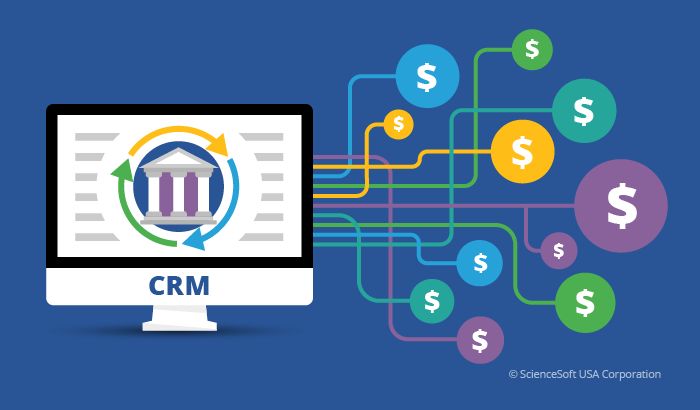
CRM for E-commerce: Driving Sales and Loyalty
In the competitive landscape of e-commerce, building and maintaining customer relationships is crucial for driving sales and fostering loyalty. Customer Relationship Management (CRM) tools play a vital role in helping e-commerce businesses achieve these goals by providing insights, automation, and personalized experiences. In this article, we’ll explore how CRM can empower e-commerce businesses to drive sales and cultivate long-term customer loyalty.
1. Understanding Customer Behavior
CRM enables e-commerce businesses to gain valuable insights into customer behavior, preferences, and purchasing patterns. By tracking customer interactions across various touchpoints, such as website visits, email opens, and social media engagement, businesses can:
- Identify high-value customers and tailor marketing efforts to their needs.
- Analyze browsing and purchase history to anticipate future buying behavior.
- Segment customers based on demographics, interests, and buying habits for targeted marketing campaigns.
2. Personalizing the Shopping Experience
Personalization is key to engaging customers and driving conversions in e-commerce. CRM empowers businesses to deliver personalized shopping experiences by:
- Sending targeted product recommendations based on past purchases and browsing history.
- Personalizing email marketing campaigns with dynamic content and offers.
- Customizing website content, promotions, and messaging based on customer segments and preferences.
3. Automating Marketing Campaigns
CRM automates repetitive marketing tasks and workflows, allowing e-commerce businesses to operate more efficiently and effectively. With CRM, businesses can:
- Set up automated email campaigns for welcome emails, abandoned cart reminders, and post-purchase follow-ups.
- Trigger personalized discounts and offers based on customer behavior and engagement.
- Schedule and track social media posts, ad campaigns, and other marketing activities to ensure consistent engagement across channels.
4. Streamlining Customer Support
Providing excellent customer support is essential for e-commerce businesses to build trust and loyalty. CRM streamlines customer support processes by:
- Centralizing customer inquiries, feedback, and support tickets in a unified platform.
- Routing inquiries to the appropriate agents or departments based on predefined rules and criteria.
- Providing agents with access to customer profiles and purchase history to resolve issues quickly and efficiently.
5. Cultivating Customer Loyalty
CRM helps e-commerce businesses nurture long-term relationships with customers, leading to increased loyalty and repeat purchases. With CRM, businesses can:
- Reward loyal customers with exclusive offers, discounts, and loyalty programs.
- Send personalized thank-you notes and special promotions on birthdays and anniversaries.
- Solicit feedback and reviews from satisfied customers to build social proof and credibility.
Conclusion
In today’s competitive e-commerce landscape, leveraging CRM is essential for driving sales and fostering customer loyalty. By understanding customer behavior, personalizing the shopping experience, automating marketing campaigns, streamlining customer support, and cultivating customer loyalty, e-commerce businesses can create meaningful connections with their customers and stand out in a crowded market. As e-commerce continues to evolve, CRM will remain a powerful tool for driving growth and success in the digital age.